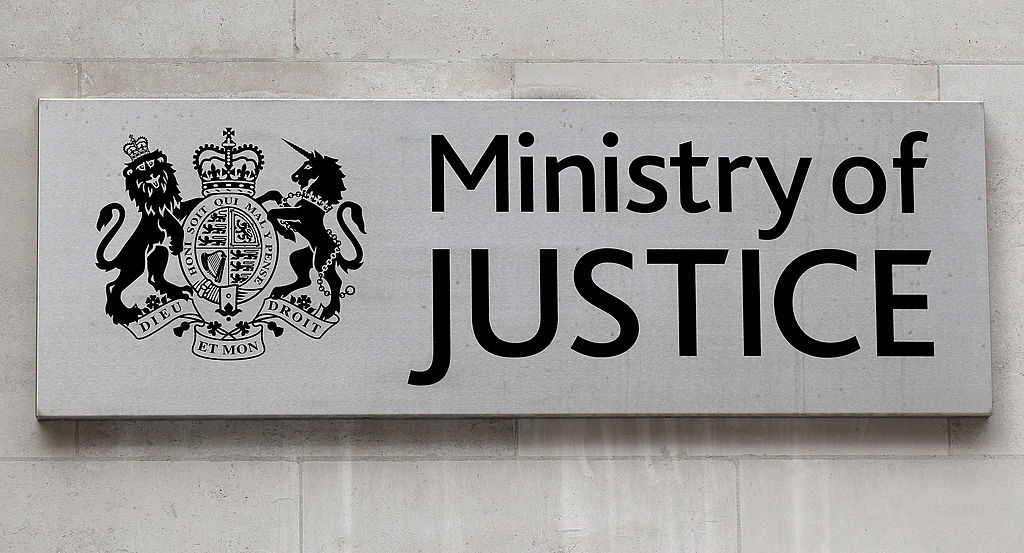Imagine this: you are a victim of domestic violence, and your partner regularly strangles you to the point of unconsciousness. During each attack you think you are about to die. You lose control of your bladder during these attacks, and afterwards find it hard to speak, feeling like you have swallowed broken glass. You suffer from flashbacks and live in fear of the next attack, imagining that this time you will never regain consciousness.
Being strangled during a domestic violence attack is as common as it is terrifying. Police routinely fail to recognise its seriousness. Non-fatal strangulation is often charged as the minor offence of common assault and it is often not even added to the charge sheet in cases of domestic violence, as campaigners against domestic violence – including a number of survivors – have long drawn attention to.
The Government can save lives with the third reading of the Domestic Abuse Bill this week by passing a proposed amendment which would make non-fatal strangulation – in a domestic abuse context – a specific and more serious offence than it is currently understood and treated.
But the Ministry of Justice is reluctant to move this amendment forward to the next stage of the Bill, despite it being backed by the Domestic Abuse Commissioner and the Victims’ Commissioner, as well as a number of frontline domestic abuse services.
Non-fatal strangulation sends out the perpetrator’s message that, if they wanted, they could easily end a victims life
Strangulation is the second most common cause of death for women as a result of domestic violence, after stabbing. It is a known indicator for homicide, with attacks on women involving strangulation increasing the risk of death eightfold. Strangulation is often an attempt by violent men to exert power and control, and to instil fear, rather than as a failed homicide.
Reports of domestic violence significantly increased under the Covid-19 lockdown. It was already bad: deaths of women as a result of domestic abuse had risen from three a week to an average of five per week just before coronavirus, according to the NGO Counting Dead Women.
Anne-Marie Nield died as a result of multiple injuries inflicted upon her by her ex-partner Richard Howarth, who is now serving a life sentence for her murder. Although Anne-Marie had previously told the police that Howarth used strangulation during his violent outbursts, this was not recorded as a crime – despite this being commonly known as a ‘red flag’ to domestic violence practitioners.
After Anne-Marie’s death, an independent internal review concluded that the risk to her safety was repeatedly under-assessed and it should have been clear that she was at high risk of serious harm.
Non-fatal strangulation is a tactic used by perpetrators to terrify victims and send out the clear message that, if they wanted, they could easily end a victim’s life. It also leaves many women with permanent health problems: the effects of non-fatal strangulation is thought to be the second most common cause of stroke in women under the age of 40.
The amendment has been proposed by the Centre for Women’s Justice (CWJ), a feminist NGO that holds the state to account for its failures in protecting women from male violence. Campaigners have plenty of evidence on the dangers of ignoring the prevalence of non-fatal strangulation in both domestic violence and sexual assault. Dr Catherine White, director of St Mary’s Sexual Assault Referral Centre found that one fifth of sexual assault victims had been strangled during the attack. Dr White told the BBC that police and doctors have ‘not been alert to the dangers of strangulation’, and need more training.
In Australia and New Zealand, where non-fatal strangulation has become a crime, there has been a significant increase in charges being brought for the specific offence of strangulation.
A recent review by researchers at Bangor University and doctors at North Wales Brain Injury Service describes strangulation’s role as ‘setting the stage’ of domestic violence, ensuring it is understood that the perpetrator can or will kill. Victims of strangulation routinely describe being convinced that they were about to die.
Long-term physical effects include cardiac arrest, stroke, miscarriage, incontinence, speech disorders, seizures, paralysis, and other forms of long-term brain injury.
The Bangor University study found that more than 50 per cent of women subject to domestic violence have suffered strangulation. In cases involving strangulation, the chance of her consequently being murdered increases eightfold.
Why, then, is the Ministry of Justice opposing the amendment of a separate offence? It will cost very little and could save lives.
The Government has not been listening, despite a growing number of both Tory and Labour backbenchers supporting the amendment. If the Domestic Abuse Bill is to make a real difference and save lives, non-fatal strangulation must be made a distinct and serious crime.







Comments